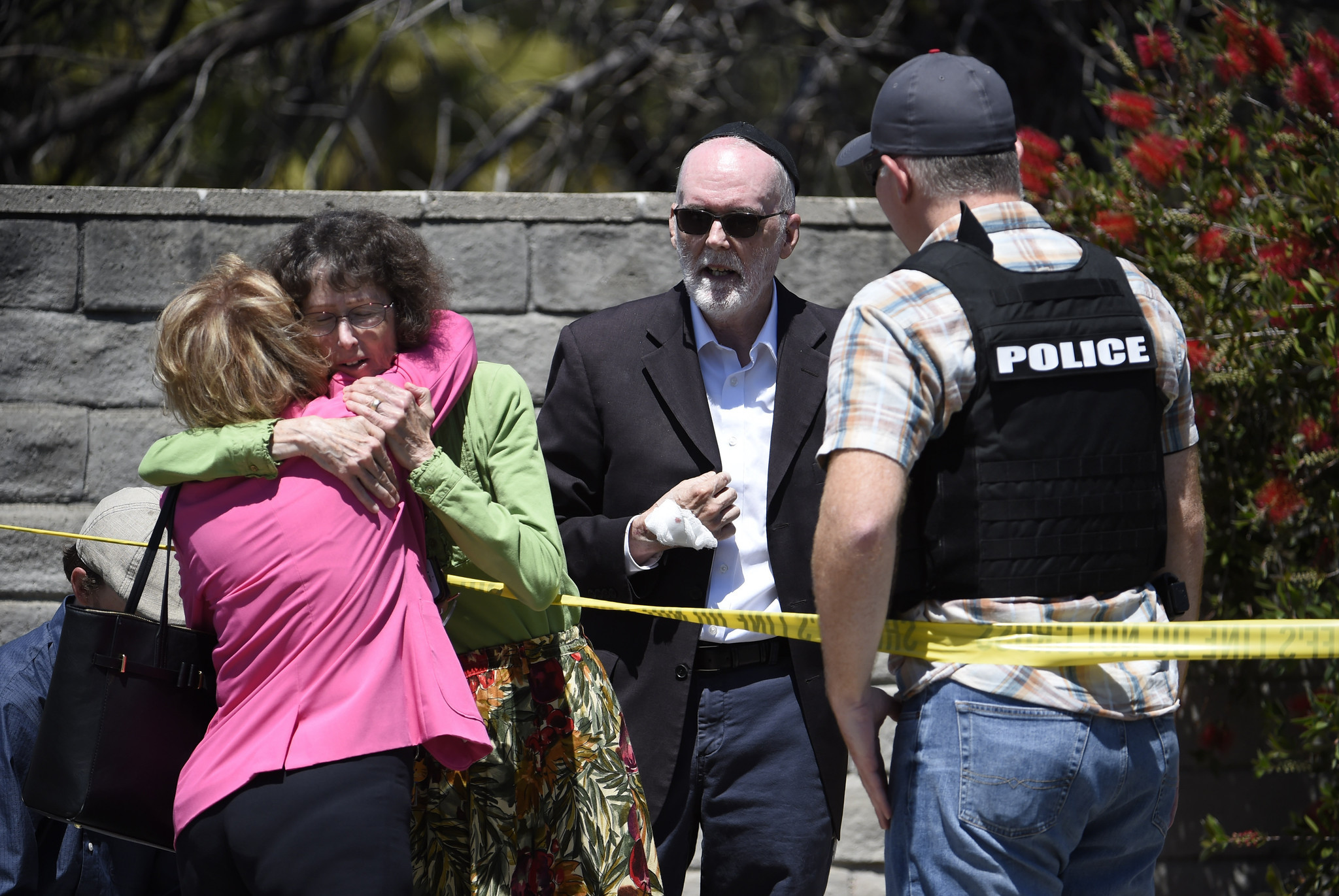Bill McCarthy, Executive Director
It seems to happen every week – some kind of horrific act that claims lives – in schools, homes, places of worship, backyards.
Last week in Colorado, we saw young people compelled to become heroes too soon. The same had happened at the University of North Carolina at Charlotte just a week before that.
The shooting at a San Diego-area synagogue on the last day of Passover shows a heartbreaking irony that people of Jewish faith remain hostage to others’ hate.
In Christchurch, New Zealand, a few weeks ago, Friday prayer turned horrific at two mosques, leaving 50 dead and 50 more injured. And on Easter Sunday, 253 people died in a coordinated attack on churches, hotels and a housing complex in Sri Lanka.
Every day, the more “ordinary” violence in our communities claims lives, or marks them as forever changed by pain.
With what seems like unrelenting attack and hatred, it feels like a maddening oversimplification to say that love is the answer.
Where there is despair, hope
Some students, perhaps as the result of drills for school shootings, leaped to save lives. As the synagogue shootings happened in Poway, California, our community was gathered at the Safe Streets Movement Parade to encourage unity and healing in the face of pain and violence, four years to the day after the unrest that rocked Baltimore and left us all changed. It was six months to the day after a shooting at Tree of Life Synagogue in Pittsburgh killed 11. Dozens gathered at that synagogue again to pour love out for the Poway congregation.
In Poway, Nancy Levanoni said her friend, shooting victim Lori Kaye, couldn’t do enough for the people around her. “If you were sick, she brought you food,” she said.
Lori’s husband is a physician, and wasn’t at the synagogue at the time of the shooting, but when he heard about it, he rushed there to offer help. He fainted when he learned his wife had been shot.
Every time there is tragedy born of hate – hate toward religion, hate toward race or ethnicity, hate toward an individual – it is in our most absolute nature to respond by showing love. It is reflexive. We cry in empathy and anguish. We gather in memoriam. We pray in frustration that there seems to be nothing else we can do, that we feel powerless in the face of so much anger and intentional infliction of pain.
Alice Camille writes in “Give Us This Day” that we often find justice and mercy to be at irreconcilable odds, because we forget that they are two critical components of greater good.
It is in giving that we receive
What Alice Camille asks us to remember is that justice and mercy aren’t a binary choice, and love is not a simple thing. It requires much of us because it takes so much to heal. Justice and mercy are parts of a whole that lead us all toward a better world, and we must always call for both. It is not as simple as “forgive and forget.” It is not as simple as “throw away the key.” We are continually called to understand that, in the face of absolute tragedy spurned by absolute hatred, a complicated love is the only answer, and that love must come from each of us individually and authentically.
I witness it every day in our programs, and in our communities. It may not be attention-getting, but it is transformational. Grant that I may never seek so much to be consoled as to console, to be understood as to understand, to be loved as to love.
The beautiful diversity of our world is sometimes a test for how we will stand together to overcome injustice and hate.
Love is the answer – deep, difficult, soul-shaking, quiet, personal, desperate, small-sounding, world-changing love. It is up to us as individuals to connect to it, show it, and work toward a better world because of it.
It is the only way to be instruments of peace.

